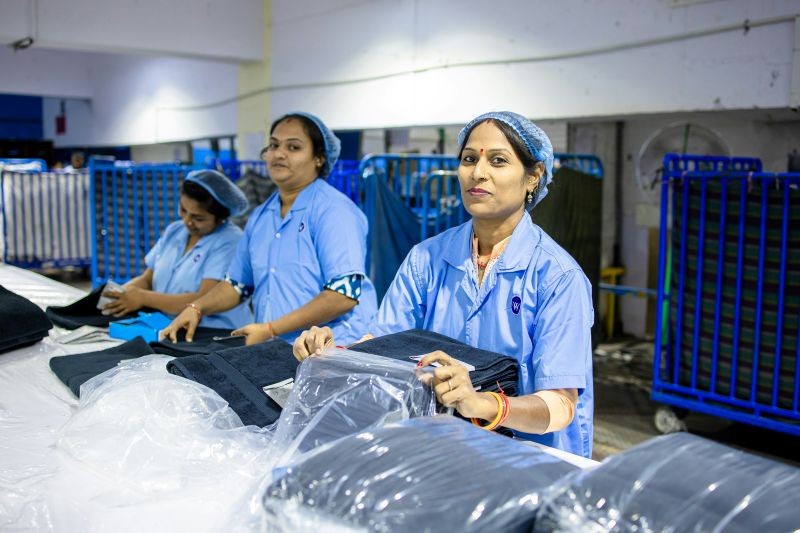 NCAER-ILO
NCAER-ILO
NCAER-ILO Roundtable discusses greater investment in care economy, formalization of part-time work
Experts feel that disproportionate unpaid domestic work responsibilities, entrenched gender norms, and difficult conditions at work are among the reasons inhibiting the growth of female employment in urban India.
Investing in the care economy is imperative to improve women’s access to jobs, experts said at a workshop organized jointly by NCAER and ILO.
India’s overall female labour force participation rate has increased from 23.1% in 2017-18 to 41.7% in 2023-24, but for urban areas, it stands at 27%.
Participating at the Roundtable on “Advancing Female Employment in Urban India”, NCAER’s Prof Ratna Sahay called for formalizing part-time work which, she said, would make a “huge difference to female employment and India’s economic growth”.
“This means gender has to be an integral part of macroeconomic policy-making,” she said.
Sahay, who heads NCAER’s Centre on Gender and Macroeconomy, said, “Care workers-whether at home or outside- are the labour force behind the labour force, but are much less visible and valued.”
Michiko Miyamoto, ILO’s Country Director (India), said the care economy represents a “significant yet underrecognized opportunity within economic policy-making, with immense potential for social and economic returns”.
NCAER’s Aakash Dev highlighted persistent barriers which hinder female labour force participation in India, with the gap more pronounced in urban areas.
“These include excessive unpaid care responsibilities, lack of flexible employment opportunities in the formal sector, restrictive gender norms, and inadequate formal training,” he said.
“Traditional gender roles place a disproportionate share of domestic and caregiving duties on women, in contrast to advanced economies where part-time and flexible work arrangements are coded in labour laws and are widely utilized by women,” he said.
“In India, women spend twice the time as compared with men for unpaid activity,” he added. Page 2 of 2 ILO’s Ms Aya Matsuura, said, “There is a strong case for investing in the care economy as it can facilitate women’s labour force participation, reduce gender gaps in employment, and generate millions of decent jobs.”
She said that 53% of women were outside the labour force in India due to care responsibilities as compared to only 1.1% men.
“Initial estimates suggest that investing in the care economy to achieve India’s policy targets for education and health by 2030 will result in additional 22.7 million direct jobs. Women will benefit by being relieved of their unpaid care work at home, and also by gaining access to employment opportunities.”
Some of the discussants said that in urban India, women disproportionately shoulder unpaid care work due to the lack of extended family support and dominance of nuclear households.
This, combined with limited access to affordable formal care services, restricts their participation in the formal labour market.
Support Our Journalism
We cannot do without you.. your contribution supports unbiased journalism
IBNS is not driven by any ism- not wokeism, not racism, not skewed secularism, not hyper right-wing or left liberal ideals, nor by any hardline religious beliefs or hyper nationalism. We want to serve you good old objective news, as they are. We do not judge or preach. We let people decide for themselves. We only try to present factual and well-sourced news.





